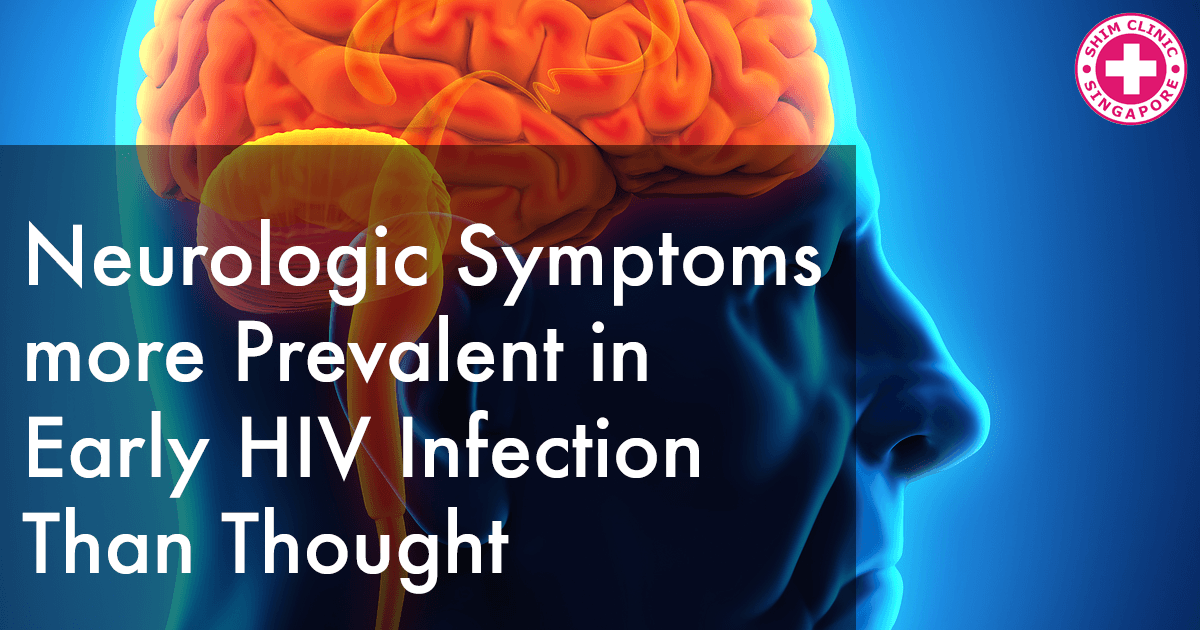According to a study conducted by researchers from UCSF and Yale, half of people who recently contracted HIV undergo neurologic problems. The good news is that these issues were not so severe and would usually resolve once the after participants started taking anti-retroviral therapy (ART). The study was published in the June 10, 2016, issue of the American Academy of Neurology medical journal.
However, the study revealed that the neurological issues were more prevalent that normally thought. The researchers said that while the neurological symptoms were mild, it was surprisingly clear that HIV affects the nervous system within days after infection. They added that because the majority of these neurological issues are easily resolved with treatment, the study focused on reasons why people at risk for HIV should get tested often and the importance of starting ART immediately if they test positive.
Important Chance to Study Neurological Functioning Over Time
The study involved 139 participants in the RV254 Thai group recently infected with HIV. The period between infection and entry into the study ranged from 3 to 56 days. Fifty-three percent of the participants had neurologic HIV symptoms, 33 percent of them experienced cognitive deficits, 25 percent had motor issues, while nearly 20 percent experienced neuropathy. Many of the participants experienced more than one symptom. One of the participants was diagnosed with Guillain-Barré Syndrome. This was the only severe case found in the group.
The researchers noted that in San Francisco, about 10 percent of patients who had recently tested positive for HIV in the early days of the epidemic, showed dramatic neurological symptoms. This was, however, due to the patients going for tests early due to the severity of symptoms experienced.
The researchers felt that the Thai study group was an opportunity to study the broad range of newly infected patients and analyze their neurological functioning over time. They said they were gaining deeper knowledge into the degree to which early HIV infections affect the nervous system.
Early ART Treatment Increases Chances of Treating Neurological Issues Faster
All participants were put on antiretroviral treatment at diagnosis. This saw 90 percent of the issues that presented themselves at the point of diagnosis neutralized after one month of treatment. 9 percent of the participants, however, had neurological symptoms that persisted even six months after they started taking ARTs. Additionally, the higher the levels of HIV present in participants’ blood the higher the chances of neurological symptoms.
The participants in the study went through comprehensive neurological evaluations. The researchers correlated self-reported symptoms with objective neuropsychological testing. In addition to the evaluations, a quarter of the participants also opted to undertake a lumbar puncture while almost half of them accepted to undergo an MRI.
The researchers said that this was one of the first comprehensive studies that examined the involvement of the nervous system in early infection. The researchers observed the group for five years and this gave them a chance to study whether there were any persistent abnormalities that required immediate attention. They also insisted on considering the brain as an important area of study during the quest to find a cure for HIV.
Other HIV Symptoms Look Out For
There are several other HIV symptoms to look out for including anal sores, sudden weight loss and night sweats. If you suspect a possible exposure to the virus in the last 72 hours, please do consider HIV PEP treatment


Pingback: Neurologic Symptoms more Prevalent in Early HIV...